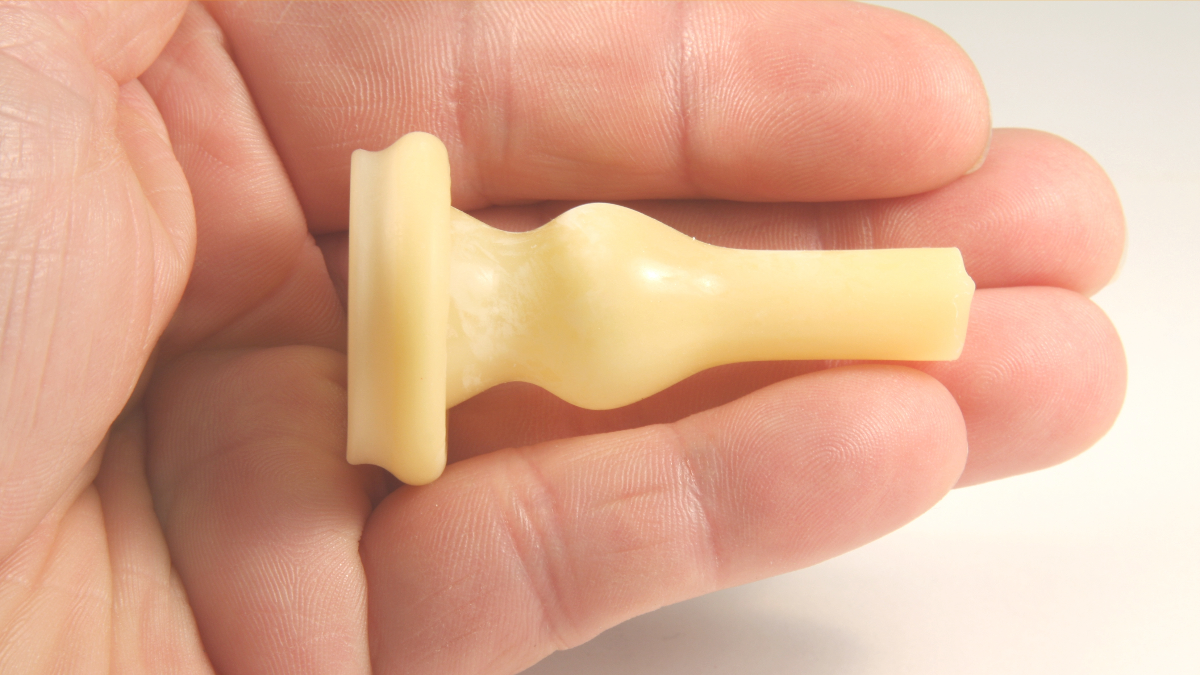external catheter for men
Men’s Liberty: Navigating the Learning Curve.
Simply put – the learning curve is a 2-3 day period needed for you to rid your skin of moisture to ensure the full adhesion time for Men’s Liberty. Your skin holds in moisture, naturally. In addition to the natural moisture content of your skin, the soap lotion or oils that you use daily can add more moisture to your skin. Men’s Liberty uses a proprietary adhesive called Hydrocolloid. A moist environment will lessen the adhesive qualities of the Hydrocolloid. During the first few days of wear-time, you may not have a full 24-hour wear-time from the Men’s Liberty due to the moisture content of your skin.
Read MoreHidden Penis and Condom Catheters: Why They Aren’t Always a Compatible Solution
Condom catheters are commonly used medical devices for managing urinary incontinence in men. However, there are situations where they might not be suitable, and one such circumstance is when dealing with a hidden penis. In this article, we will discuss the challenges of using condom catheters on individuals with a hidden/buried penis diagnosis and why…
Read More6 Tips for Traveling with Men’s Urinary Incontinence
Whether you are taking a much-needed vacation or attending a family wedding out of town, traveling is usually necessary. No matter how you get there—car, bus, plane, or train—trips don’t always go as planned with delays, cancellations, and schedule changes. If you are among the 200 million people worldwide who deal with urinary incontinence (UI),…
Read MoreTips to avoid a suprapubic cystostomy or suprapubic catheter when you are only leaking urine
A suprapubic catheter also sometimes called a suprapubic cystostomy is a medical device used to eliminate urine from the body. Your doctor will insert a tube in your bladder so that urine can drain. The tube is inserted through a small incision in your stomach. Urine collects in a small bag outside of the body.…
Read MoreThe WORST Incontinence Advice Ever, Part 2
Here at Men’s Liberty we’re strong supporters of incontinence education. So I was thrilled to see that Dr. Anthony Komaroff of Harvard Medical School wasn’t averse to addressing this issue on his blog!
Read More


